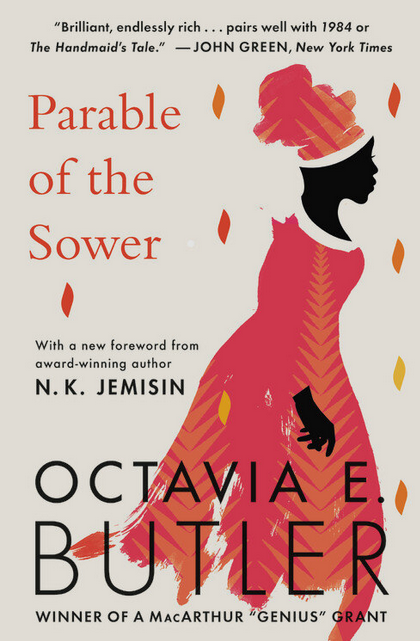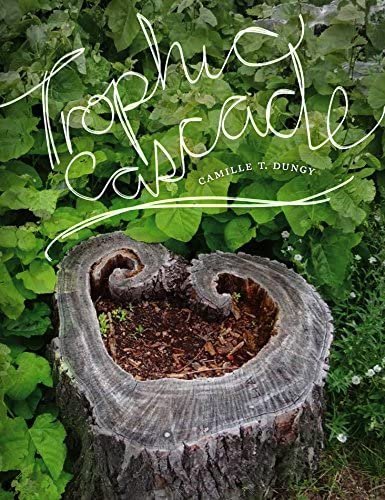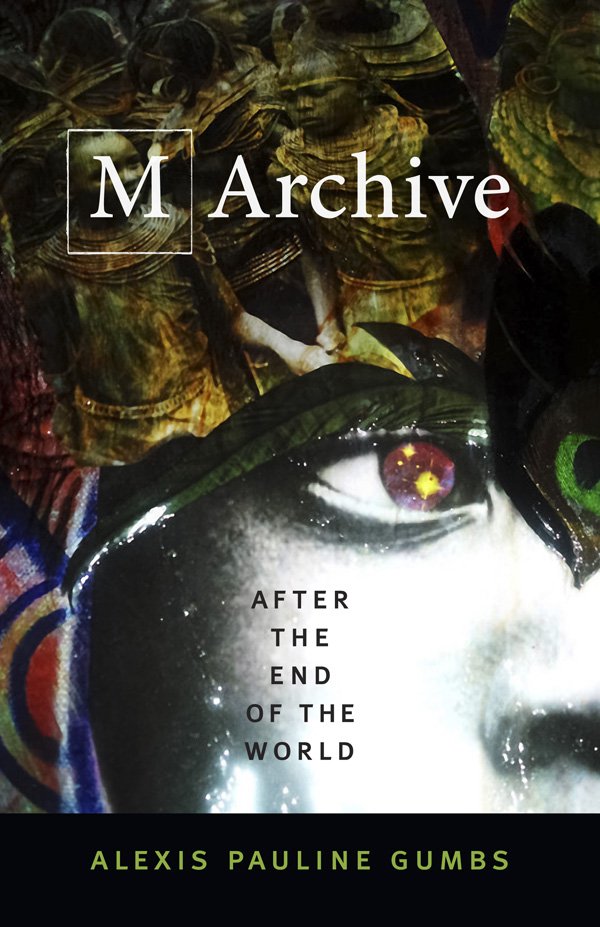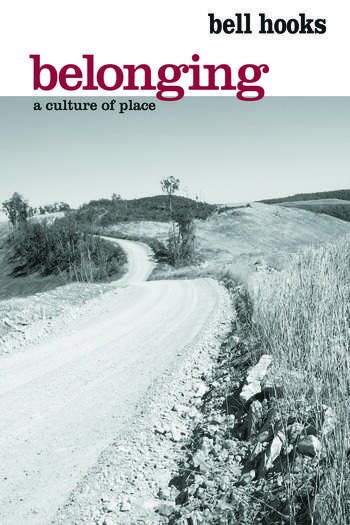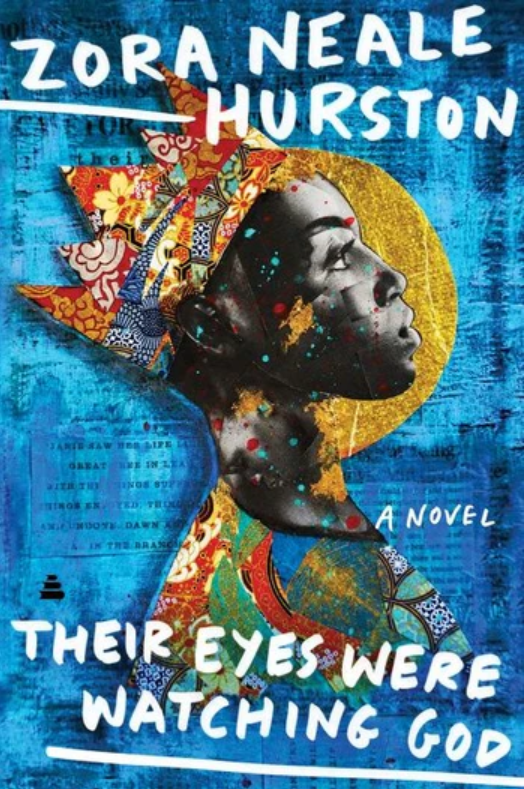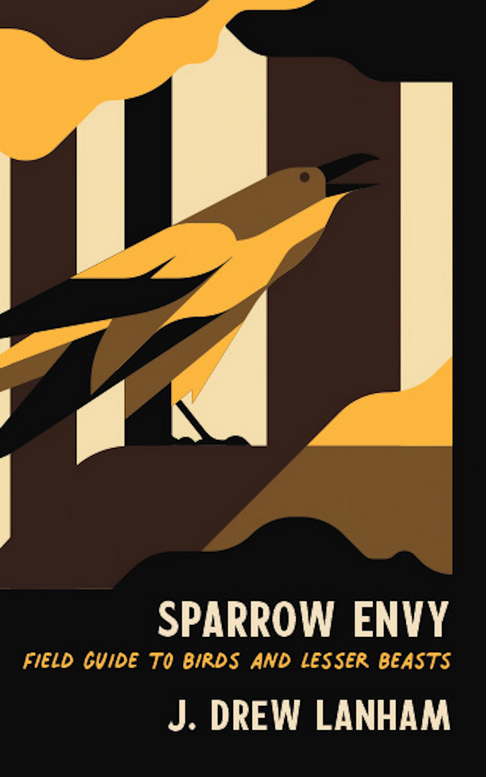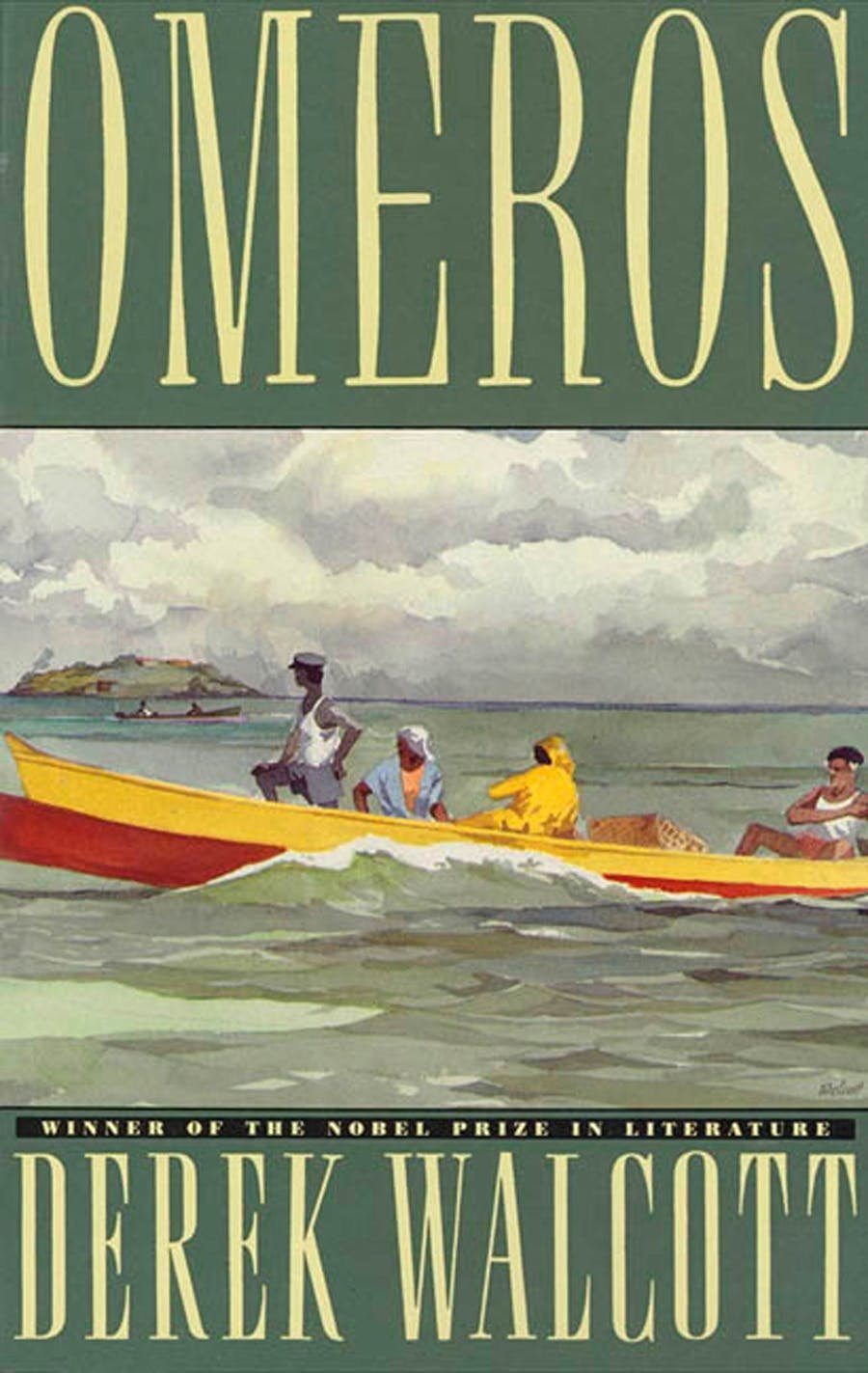Black Lives Matter.
We at The Hopper recognize the lack of representation of Black environmentalists in the environmental sector.
This exclusion has done a disservice to the movement and a greater disservice to the Black people
who bear the brunt of the most environmental harms.
Black environmental literature is sacred.
Here is an extended list of books by BIPOC environmental and nature writers.
The list is organized by reverse chronological order of publication date.
We will continue to tend to this list; please send us books to be added to the list,
especially those by emerging authors.
Another Appalachia by Neema Avashia (West Virginia University Press, 2022)
In the Current Where Drowning Is Beautiful by Abigail Chabitnoy (Wesleyan University Press, 2022)
Becoming AppalAsian by Lisa Kwong (Glass Lyre Press, 2022)
Blood Snow by dg nanouk okpik (Wave Books, 2022)
Two Brown Dots by Danni Quintos (BOA Editions, 2022)
Sparrow Envy: Field Guide to Birds and Lesser Beasts by J. Drew Lanham (Hub City Press, 2021)
Spirit Run by Noé Álvarez (Catapult, 2020)
Being Property Once Myself: Blackness and The End of Man by Joshua Bennett (Harvard University Press, 2020)
Luz at Midnight by Marisol Cortez (Flowersong Press, 2020)
Transcendent Kingdom by Yaa Gyasi (Knopf, 2020)
A History of Kindness by Linda Hogan (Torrey House Press, 2020)
Medicine Wheel: Environmental Decision-Making Process of Indigenous Peoples by Michael E. Marchand, et al. (Michigan State University Press, 2020)
Black Indian by Shonda Buchanan (Wayne State University Press, 2019)
The Painted Drum by Louise Erdrich (Harper Collins, 2019)
The Book of Delights by Ross Gay (Algonquin Books, 2019)
As Long as Grass Grows: The Indigenous Fight for Environmental Justice, From Colonization to Standing Rock by Dina Gilio-Whitaker (Beacon Press, 2019)
The Unlikely Thru-Hiker: An Appalachian Trail Journey by Derick Lugo (Appalachian Mountain Club Books, 2019)
Eyes Bottle Dark With a Mouthful of Flowers by Jake Skeets (Milkweed, 2019)
M Archive: After the End of the World by Alexis Pauline Gumbs (Duke University Press, 2018)
American Sonnets for My Past and Future Assassin by Terrance Hayes (Penguin Books, Penguin Poets, 2018)
Farming While Black: Soul Fire Farm’s Practical Guide to Liberation on the Land by Leah Penniman (Chelsea Green Publishing, 2018)
The Marrow Thieves by Cherie Dimaline (DCB, 2017)
Trophic Cascade by Camille T. Dungy (Wesleyan University Press, 2017)
The Home Place: Memoirs of a Colored Man’s Love Affair with Nature by J. Drew Lanham (Milkweed Editions, 2017)
The Broken Earth Trilogy by N. K. Jemisin (Orbit, 2015-2017)
The Sellout by Paul Beatty (Picador, 2016)
The Great Derangement: Climate Change and the Unthinkable by Amitav Ghosh (The University of Chicago Press, 2016)
Bestiary by Donika Kelly (Graywolf, 2016)
Trace: Memory, History, Race, and the American Landscape by Lauret Savoy (Counterpoint Press, 2016)
Catalogue of Unabashed Gratitude by Ross Gay (Univeristy of Pittsburgh Press, 2015)
Braiding Sweetgrass: Indigenous Wisdom, Scientific Knowledge, and the Teachings of Plants by Robin Wall Kimmerer (Milkweed Editions, 2015)
Black Faces, White Spaces: Reimagining the Relationship of African Americans to the Great Outdoors by Carolyn Finney (University of North Carolina Press, 2014)
TwERK by LaTasha N. Nevada Diggs (Belladonna, 2013)
Salvage the Bones by Jesmyn Ward (Bloomsbury, 2012)
Oil on Water by Helon Habila (W. W. Norton & Company, 2010)
Black on Earth: African American Ecoliteracy Traditions by Kimberly N. Ruffin (University of Georgia Press, 2010)
Black Nature: Four Centuries of African American Nature Poetry edited by Camille T. Dungy (University of Georgia Press, 2009)
Belonging: A Culture of Place by bell hooks (Routledge, 2008)
Tokyo Butter by Thylias Moss (Persea Books, 2006)
Twilight: Los Angeles, 1992 by Anna Deavere Smith (Anchor, 1994)
Parable of the Sower by Octavia Butler (Four Walls Eight Windows, 1993)
Her Blue Body Everything We Know by Alice Walker (Harcourt, 1991)
Omeros by Derek Walcott (Farrar, Straus, & Giroux, 1990)
Through the Arc of the Rain Forest by Karen Tei Yamashita (Coffee House Press, 1990)
The Salt Eaters by Toni Cade Bambara (Penguin Random House LLC., 1980)
Ceremony by Leslie Marmon Silko (Penguin Books, 1977)
Their Eyes Were Watching God by Zora Neale Hurston (J. B. Lippincott & Co., 1937)
June 2020
We stand with all those organizing to protect Black lives and protesting to abolish the police.
Police brutality and violence against BIPOC must end.
Systemic racism and white supremacy must end.
Environmental injustices must end.
Here are some of the actions we are taking to amplify the voices of Black authors and artists:
We are offering 10 no-fee submissions to Black authors for our 2020 Hopper Poetry Prize on a first-come, first-serve basis. The contest is open to all poets with an identified interest in the natural world and whose work explores issues tied to our ever-changing environment. Interested Black authors, please write to us at editor@hoppermag.org to request a link to submit your poetry manuscript.
We welcome pitches for interviews with Black authors, artists, craftspersons, farmers, gardeners, climate justice activists, and nature-goers for our Room for Craft department. Please write to us at editor@hoppermag.org if you are interested in conducting an interview with a Black maker or doer.
We welcome reviews of both new and old books written by Black and Indigenous environmental and nature writers. The list above includes books we recommend and would be happy to publish reviews of. If you are interested in reviewing a particular book or would like us to request a copy from the publisher for you to review, please let us know at editor@hoppermag.org. Reviews can also be submitted via Submittable. We hope the book list is also useful for those just looking for good books to read.
As always, we encourage submissions from BIPOC, as well as people in the LBGTQ+ community, people with disabilities, immigrants, the incarcerated, women, non-binary people, and people of other marginalized groups. We are currently open for visual art submissions; we will open submissions for fiction, nonfiction, and poetry on October 1, 2020. These submissions are always free.


